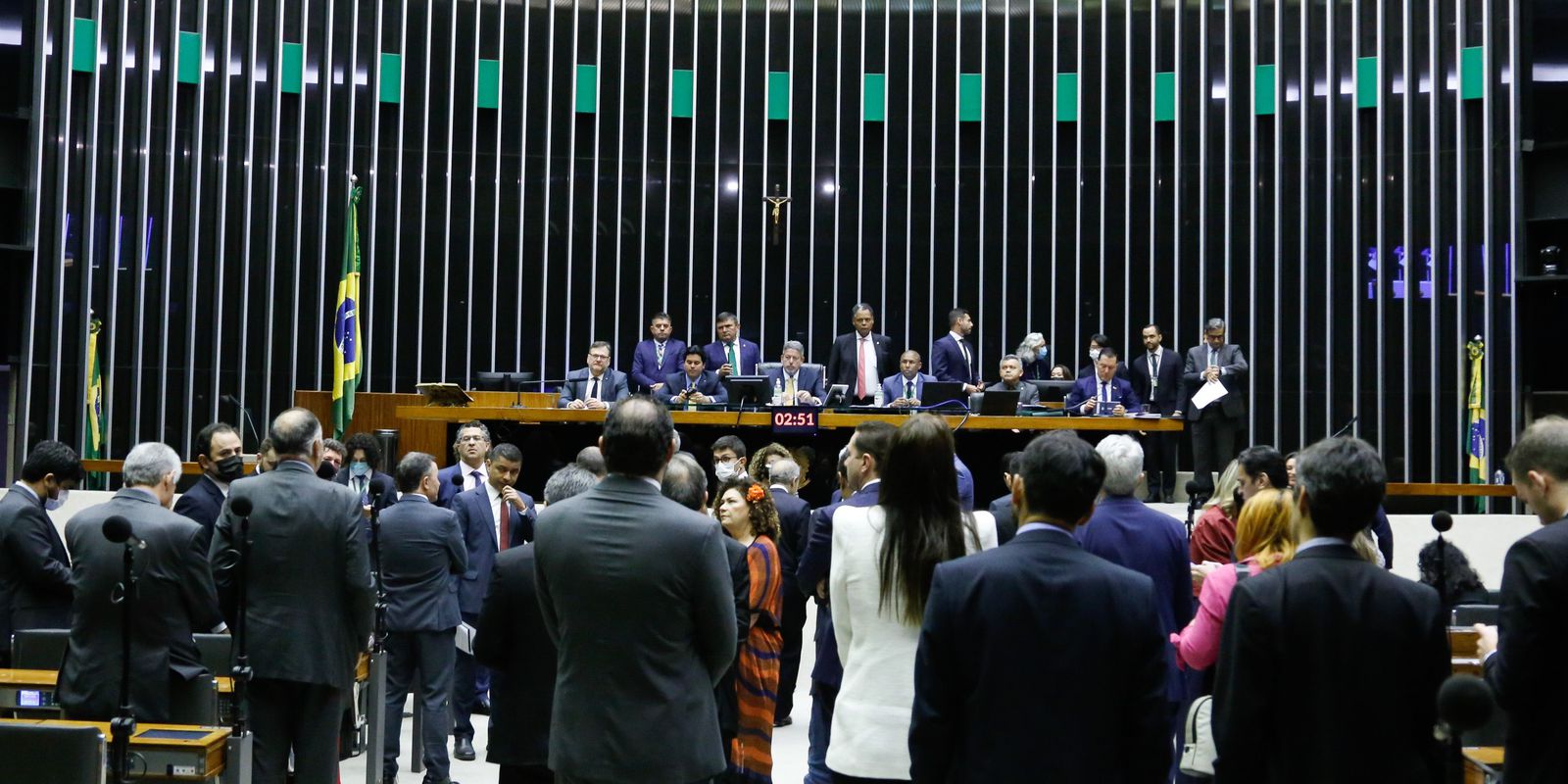The plenary of the Chamber of Deputies approved this Tuesday (2) the provisional measure that makes alternative labor rules more flexible during a state of public calamity. The matter goes to the Senate.
Among the measures is the possibility for companies to temporarily cut or suspend workers’ hours and wages. The text of the MP provides for the recognition of the federal government for the state of calamity, which can be decreed at the national, state or municipal level. In order not to lose its validity, the MP needs to be voted on by August 7th by the senators.
The proposal includes teleworking; the anticipation of individual vacations; the granting of collective vacations; the use and anticipation of holidays; the hour bank; and the suspension of the enforceability of payments from the Severance Indemnity Fund (FGTS). According to the government, the MP’s objective is to preserve employment and income, guaranteeing the continuity of activities and reducing the social impact resulting from the state of public calamity.
The MP also resumes, with some changes, rules of the Emergency Employment and Income Maintenance Program, adopted during the crisis caused by the covid-19 pandemic. The program becomes permanent and can be instituted to combat the consequences of a state of public calamity.
“The successful experience of measures to combat covid-19, which were fundamental for the preservation of jobs and income, should not be disregarded, now in the case of public calamity”, argued the rapporteur, Deputy Sanderson (PL-RS). “In this sense, we need to have a permanent public policy. Thus, it is important to provide the Brazilian State with more agility to face public calamities.
In relation to FGTS payments, the provisional measure empowers the Ministry of Labor to suspend the chargeability for up to four months in establishments located in municipalities with a state of public calamity recognized by the federal government.
The measure reaches all companies, regardless of the sector in which they operate, the tax regime or membership. Deposits to the fund will be resumed after the end of the alternative measure, in six installments, with no interest, fines or other charges.
The proposal includes rural, domestic and urban temporary workers, as well as apprentices and interns. According to the text, the Ministry of Labor and Welfare will establish the deadline for the adoption of alternative measures, which may be up to 90 days, extendable while the state of public calamity decreed lasts.
remote work
The text also establishes that the employer may, at its discretion, change the face-to-face work regime to telework or remote work, in addition to determining the return to the face-to-face work regime, regardless of the existence of individual or collective agreements. The proposal also requires the employer to provide equipment for employees, in addition to allowing reimbursement to workers for any expenses with internet and equipment.
*With information from the Chamber Agency









